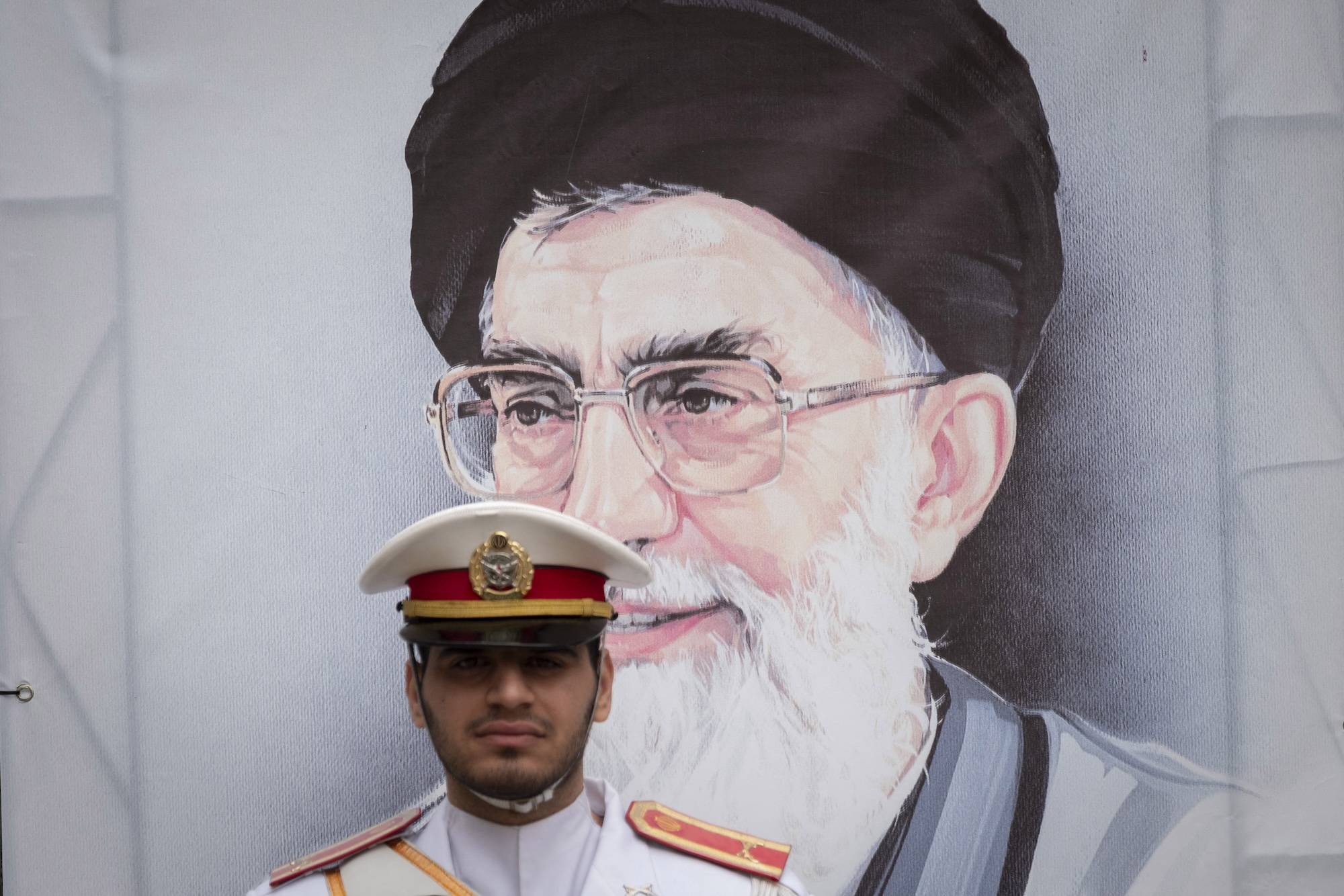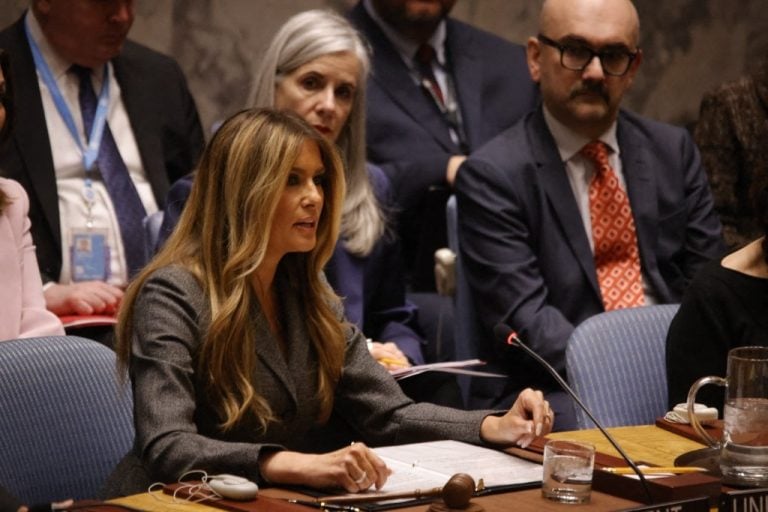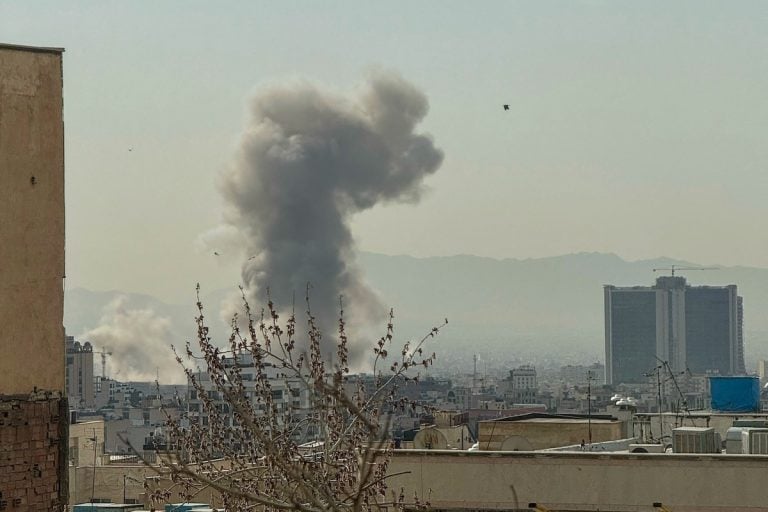In a significant political development, Iranian Supreme Leader Ali Khamenei has firmly rejected President Donald Trump’s recent proposal for a new nuclear deal, labeling it as a “deception of public opinion.” Despite this outright dismissal, there appears to be a split within the Iranian government, as some officials have hinted at the possibility of considering the offer. This oscillation in Iran’s response is not unprecedented. Khamenei previously utilized a similar strategy of strategic ambiguity during the negotiations surrounding the defunct Joint Comprehensive Plan of Action (JCPOA). This approach has allowed him to sidestep blame for any potential fallout from failed negotiations.
Historically, Iran’s leadership has shown a willingness to yield under international pressure—a term referred to as “drinking the poisoned chalice.” However, the ramifications of a new nuclear deal, should it come to fruition, particularly for the Iranian populace, remain critical aspects of the discussion.
The JCPOA, concluded in 2015 under President Barack Obama, was designed to limit Iran’s nuclear capabilities. Yet, Trump’s withdrawal in 2018 was couched in allegations that the agreement failed to safeguard U.S. national security interests and instead empowered Iran’s regime financially, exacerbating its perceived malign regional activities. Critics have argued that the JCPOA’s focus on nuclear and military issues overlooked significant human rights violations occurring within Iran, ignored the experiences of non-Persian ethnic groups, and ultimately benefited a select group of regime elites rather than the average Iranian citizen.
With a renewed emphasis on negotiations, questions arise regarding the potential benefits of any new agreement for the Iranian people. Trump’s letter outlined several conditions for sanctions relief, including the cessation of Iran’s nuclear arms development and halting financial support to groups like Hezbollah. Nonetheless, these conditions notably omit any direct stipulation regarding human rights improvements within Iran, which could leave marginalized groups once again bearing the consequences of diplomatic outcomes.
The absence of human rights considerations in Western dealings with Iran reflects a troubling historical pattern where immediate geopolitical interests overshadow the long-term welfare of the Iranian populace. This has often resulted in a cycle of diplomatic engagements that reinforce the ruling elite while trapping ordinary citizens in deepening economic and social crises.
A renewed nuclear deal that fails to prioritize human rights may embolden the current regime’s oppressive practices against non-Persian minorities, including Kurds, Baluchis, and Arabs. Reports indicate that these groups face heightened levels of executions, arbitrary detentions, and cultural suppression, all of which have intensified amidst broader societal unrest. Moreover, economic challenges disproportionately affect these marginalized communities, who often find themselves sidelined in national policy discussions.
Experts argue that any future diplomatic agreement should not only prioritize nuclear non-proliferation but also embed human rights as a fundamental aspect of negotiations. Proponents call for stringent oversight mechanisms and inclusion of human rights organizations and representatives from oppressed communities in the dialogue process.
A more holistic approach to diplomacy with Iran, tying nuclear negotiations to the imperative of improving human rights, may contribute to a more stable and equitable future. This strategy would not only align with the aspirations of the Iranian people for democracy and representation but could also enhance regional security by addressing the root causes of dissent against the Iranian regime. Reflecting on past engagement methodologies, the need for a meaningful comprehensive framework appears paramount if any new agreement is to break the cycle of oppression and foster genuine progress.







